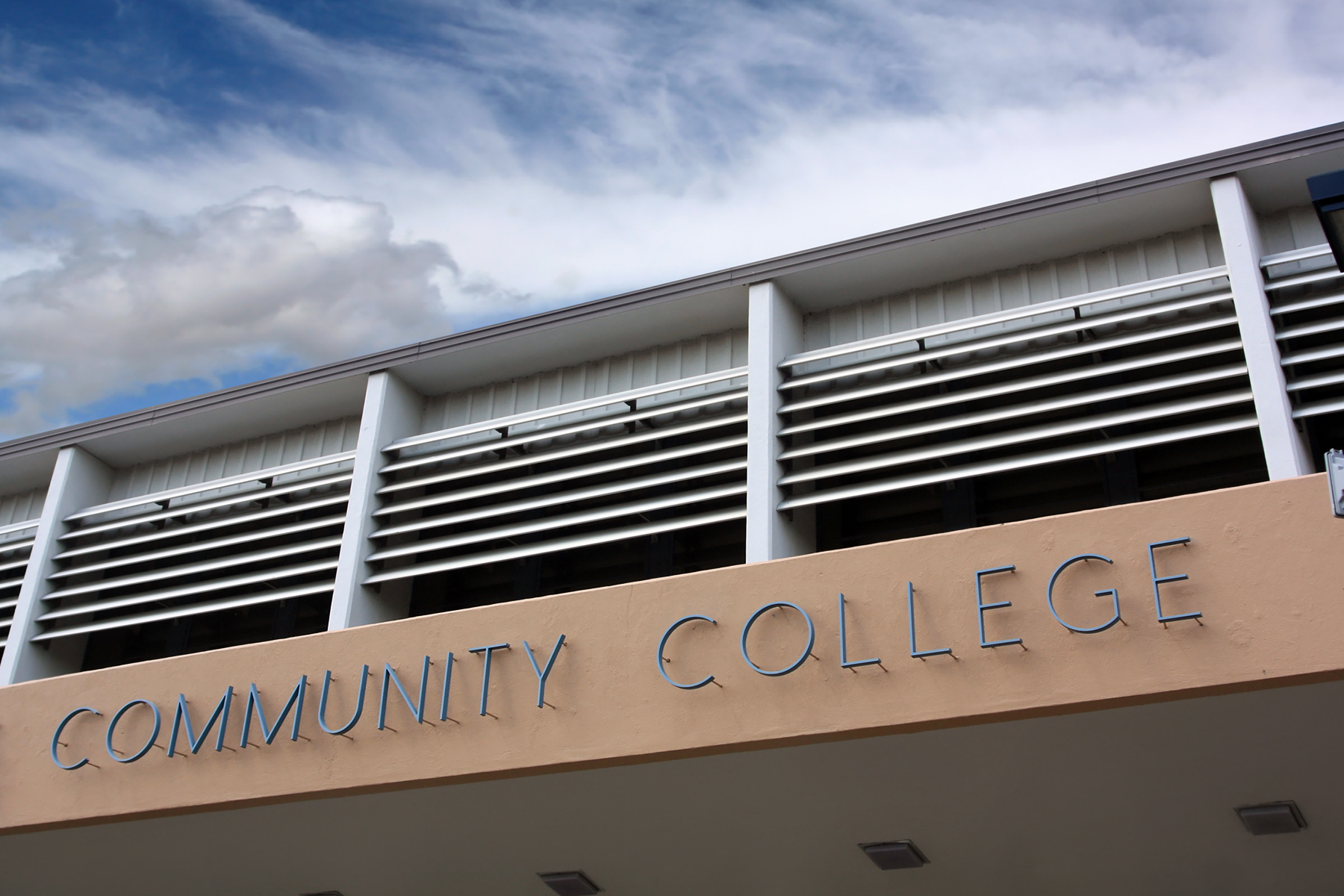Community Colleges: Empowering Education and Building Strong Communities
Education plays a crucial role in personal growth and societal development, and community colleges have emerged as a powerful force in providing accessible and affordable education to individuals of all backgrounds. These institutions, also known as junior colleges or technical colleges, offer a wide range of educational opportunities that contribute to the academic, professional, and personal advancement of students. Let’s explore the unique benefits of community colleges and their profound impact on individuals and communities.
Accessible Education for All
One of the most significant advantages of community colleges is their commitment to providing accessible education to all individuals, regardless of their academic background, age, or socioeconomic status. Community colleges often have open admissions policies, meaning they accept students with a high school diploma or equivalent, making higher education accessible to those who may not have met traditional university admission criteria. This inclusivity ensures that everyone has an opportunity to pursue education and expand their knowledge.
Affordability and Cost-Effective Education
Community colleges offer a cost-effective alternative to traditional four-year universities. Tuition fees at community colleges are typically lower than those at universities, making education more affordable for many students. By starting their academic journey at a community college, students can significantly reduce their educational expenses, often saving money on tuition while obtaining quality education. This affordability is particularly beneficial for students who are concerned about the financial burden of higher education or who wish to explore different career paths before committing to a specific degree program.
Flexible Learning Options and Career Preparation
Community colleges provide a diverse range of programs and courses that cater to various academic and career interests. Whether students are seeking to transfer to a four-year institution, earn an associate degree, or develop vocational skills, community colleges offer a multitude of options. These institutions offer flexible schedules, including evening, weekend, and online classes, which accommodate the needs of working adults and those with family responsibilities. Additionally, community colleges often have partnerships with local industries, providing students with valuable hands-on training and internships, equipping them with the practical skills needed to excel in their chosen careers.
Supportive Learning Environment
Community colleges foster a supportive and inclusive learning environment. With smaller class sizes, students have more opportunities for personalized attention and interaction with professors. Faculty members at community colleges often have practical industry experience, which enables them to offer valuable insights and guidance to students. Moreover, community colleges often provide comprehensive support services, including academic advising, tutoring, career counseling, and transfer assistance. These resources enhance student success and ensure that students receive the support they need to thrive academically and professionally.
Gateway to Four-Year Institutions
Many students choose to start their educational journey at community colleges with the intention of transferring to four-year institutions. Community colleges often have articulation agreements and partnerships with universities, allowing students to seamlessly transfer their credits and continue their education at a higher level. This pathway to a bachelor’s degree not only saves students money but also offers them the opportunity to adjust to college life, build a strong academic foundation, and explore different majors before committing to a specific university program.
Community Engagement and Economic Development
Community colleges are deeply ingrained in their local communities, playing a vital role in promoting economic development and workforce readiness. These institutions collaborate with local businesses and industries to develop programs that align with the region’s workforce needs. Community colleges offer job training, certifications, and continuing education courses that enhance employability and career advancement opportunities for community members. By providing a skilled workforce, community colleges contribute to the growth and prosperity of the local economy.
Conclusion
Community colleges are indispensable educational institutions that provide accessible, affordable, and flexible education to diverse populations. They offer an inclusive and supportive learning environment that nurtures personal and professional growth. Community colleges empower individuals to pursue their educational goals, gain practical skills, and embark on successful careers. Moreover, these institutions are integral to the development and well-being of local communities, fostering economic growth and promoting workforce readiness. Through their commitment to education and community engagement, community colleges continue to make a profound impact on individuals, families, and society as a whole.
Share this content:



